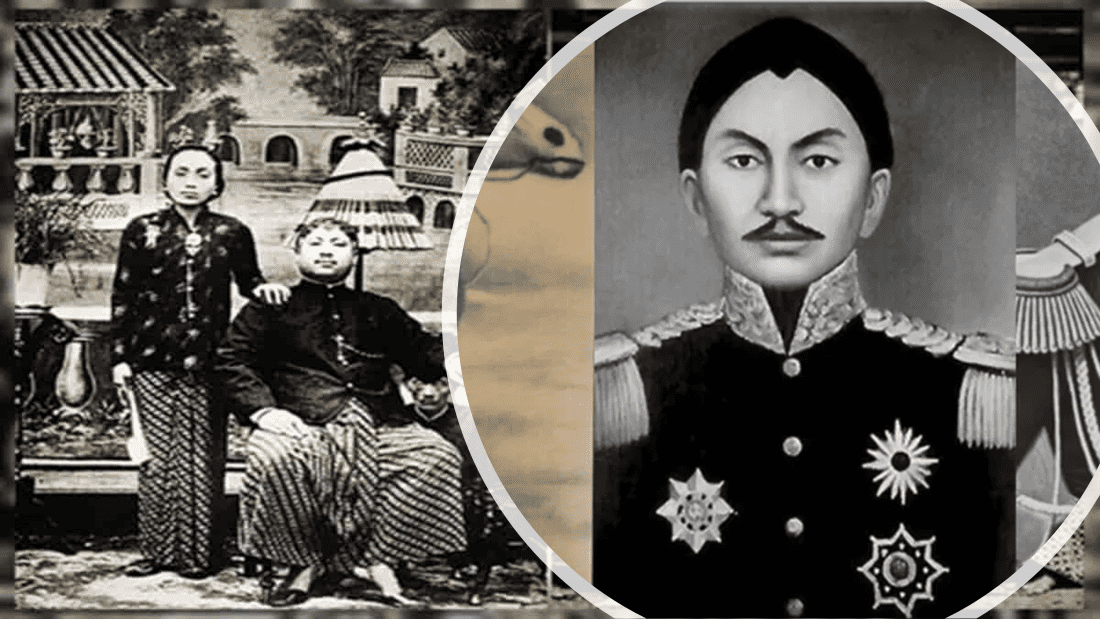21.10.2024
Timeless wisdom of Javanese Gentry: Priyayi
Discover the enduring legacy of the Javanese Priyayi and their cultural principles of refinement and elegance. This article explores how the ancient wisdom of the Priyayi can guide modern gentlemen in cultivating inner strength, sophistication, and a balanced approach to life amid today’s chaotic world.

By Raja Izz
Left: Banjoemas, the Regent of Purwokerto, with his wife.
Right: Pakubuwana II, the ruler of Mataram.
Photo: Collectie Wereldmuseum v/h Tropenmuseum, www.kratonjogja.id
As I journeyed through the vibrant tapestry of Indonesia, from the bustling supermalls of Jakarta to the cultural heart of Yogyakarta, the serene beaches of Bali to the mountain-ringed city of Bandung, one thing consistently struck me: the gentle, soft-spoken nature of the people I encountered. Whether in the cosmopolitan atmosphere of Surabaya or the historic charm of Semarang, I found myself captivated by the measured tones and graceful speech of locals from all walks of life.
It wasn't until 12 years later that I discovered the profound cultural roots of this behavior. This gentle demeanor, I learned, is a living legacy of the Javanese Gentry known as the Priyayi, and their concept of 'alus' or refinement. What I had experienced was not merely a quirk of local etiquette, but a window into a sophisticated cultural philosophy that has shaped Indonesian society for centuries.
The Javanese Gentry
In the lush, volcanic landscapes of Java, where ancient traditions whisper through bamboo groves and dance in the shadows of mighty volcanoes, this class of individuals emerged whose influence would shape Indonesian culture for centuries to come. These were the priyayi, Java's aristocratic elite, whose legacy offers a treasure trove of wisdom for the modern gentleman seeking refinement in an increasingly chaotic world.
The Rise of the Priyayi: From Royal Courts to Colonial Corridors
The story of the priyayi begins in the royal courts of Java's powerful kingdoms. Originally comprised of relatives and close associates of the ruling monarchs, the priyayi were the keepers of high Javanese culture. They were poets, artists, and administrators who embodied the pinnacle of Javanese refinement.
As the Dutch colonial powers tightened their grip on the Indonesian archipelago in the 19th century, the role of the priyayi evolved. The colonial administration, recognizing the priyayi's educated background and cultural influence, co-opted them into the bureaucratic machinery. This transformation saw the priyayi expand beyond royal bloodlines to include educated Javanese who served as a bridge between the colonial rulers and the local population.

